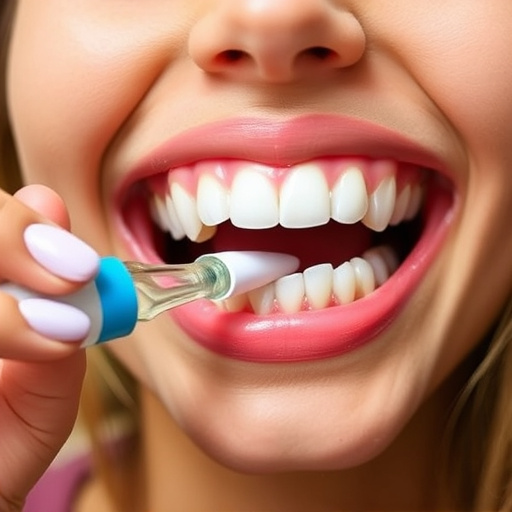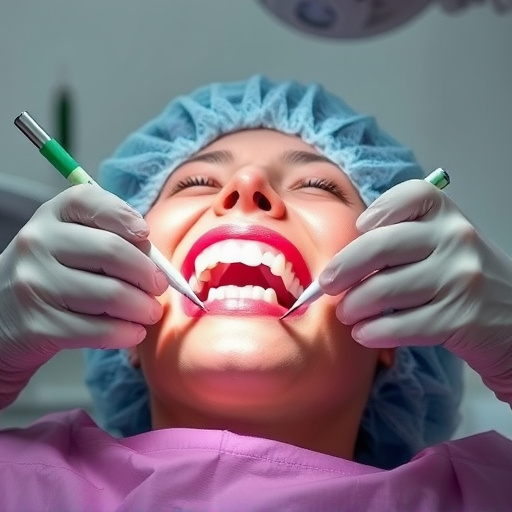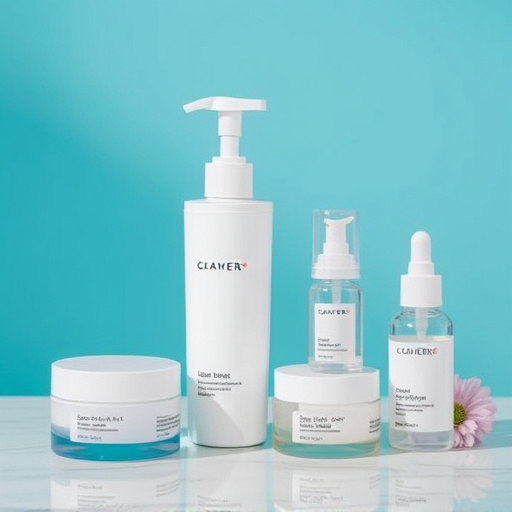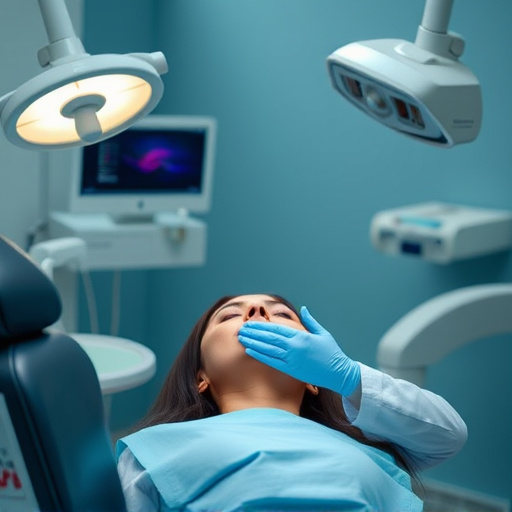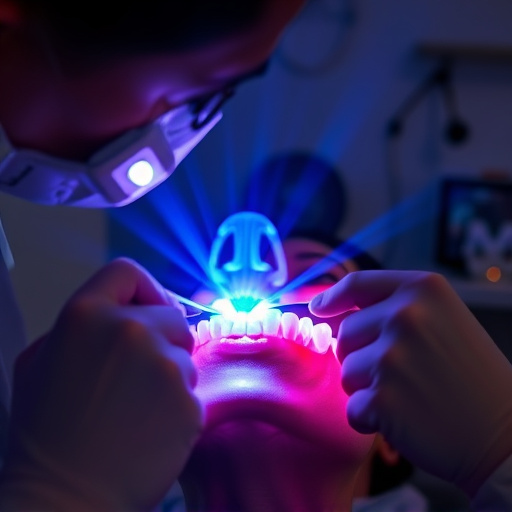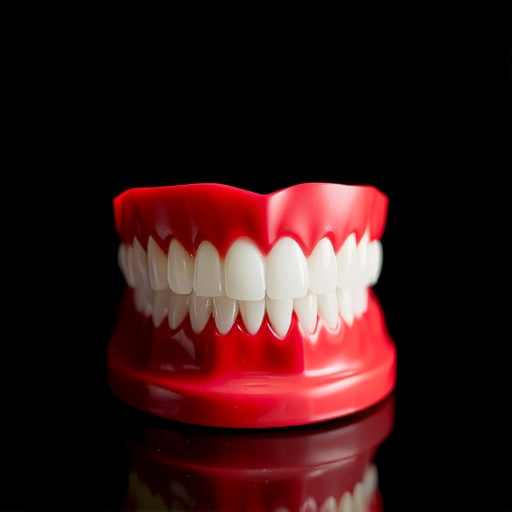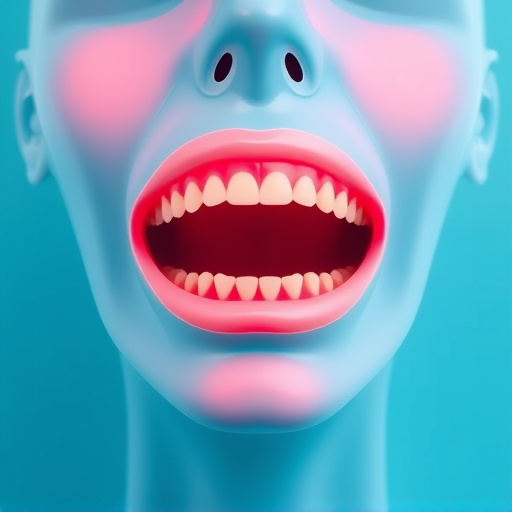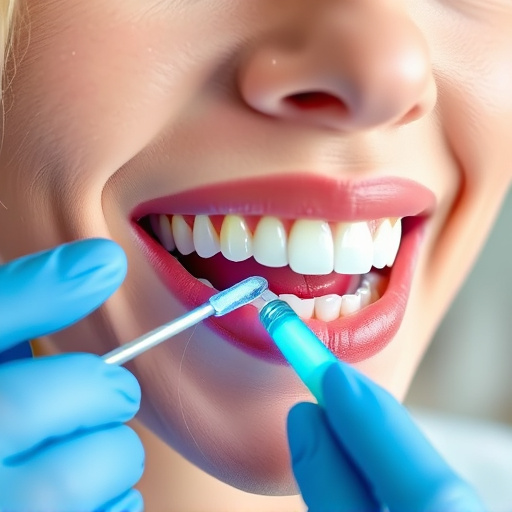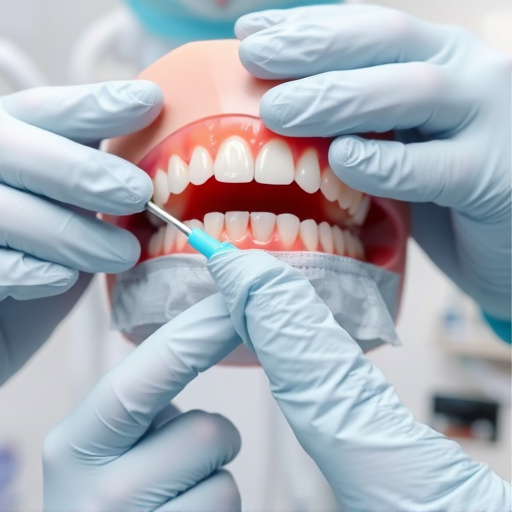As people age, dental care for seniors requires specialized attention due to reduced saliva production, increased sensitivity, and systemic conditions like diabetes or osteoporosis. Regular oral screenings are crucial to detect early signs of issues such as gum disease and oral cancer, allowing dentists to provide tailored treatments including dental bonding, implants, or clear aligners. Maintaining optimal dental care for seniors involves both professional practices like screenings and semi-annual check-ups, and at-home habits like brushing with fluoride toothpaste and flossing.
As people age, their dental health needs evolve, making dental care for seniors a critical aspect of overall well-being. This article explores the unique considerations and strategies for maintaining optimal oral health in older adults. We delve into the importance of understanding the specific dental health needs of seniors and how oral screenings play a pivotal role in early detection and prevention. Additionally, we offer practical tips to enhance and preserve their smile.
- Understanding Senior Dental Health Needs
- The Role of Oral Screenings in Care
- Strategies for Maintaining Optimal Oral Health
Understanding Senior Dental Health Needs
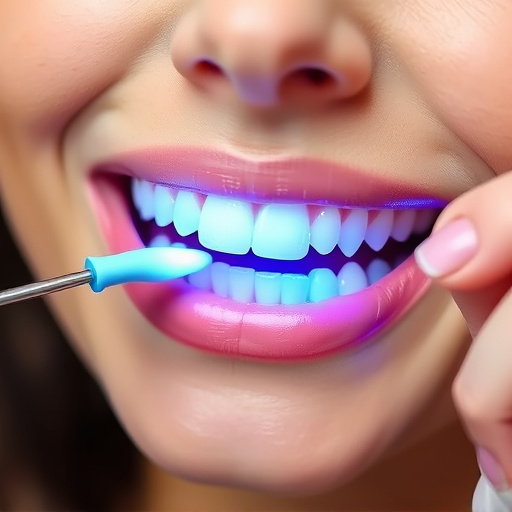
As people age, their dental health needs evolve, requiring a tailored approach to dental care for seniors. Seniors often face unique challenges that can impact their oral well-being, such as reduced saliva production, increased sensitivity, and various systemic diseases like diabetes or osteoporosis. These conditions may lead to issues like dry mouth, tooth decay, gum disease, and even tooth loss. Additionally, age-related changes in medication can influence oral health, as certain drugs can cause dry mouth or increase the risk of infections.
Regular oral screenings are crucial for identifying these specific needs. During these visits, dentists can assess the overall oral health, check for signs of decay or gum disease, and discuss appropriate treatments. Restorative dentistry plays a vital role in addressing any damage or loss, offering solutions like dental bonding to repair broken teeth or fill gaps left by missing ones. Early detection and intervention through these screenings are essential for maintaining seniors’ quality of life and ensuring their dental health supports overall systemic wellness.
The Role of Oral Screenings in Care
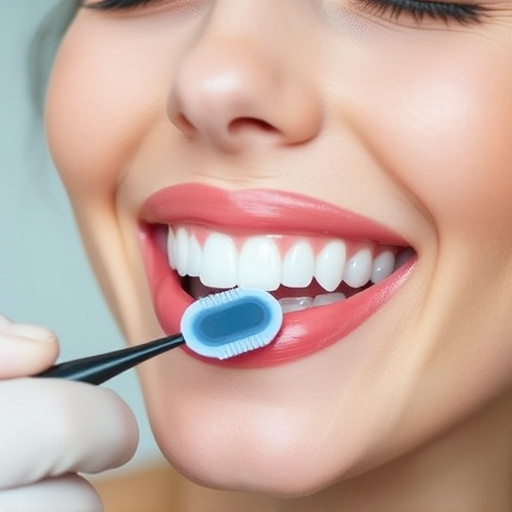
Oral screenings play a pivotal role in comprehensive dental care for seniors. These detailed examinations go beyond cleaning and filling to detect potential issues early on, such as gum disease, oral cancer, and tooth decay. By incorporating advanced diagnostic tools, family dentistry professionals can identify subtle changes in the mouth that might otherwise go unnoticed. This proactive approach is crucial for seniors, considering age-related factors like reduced saliva production, medication side effects, and overall health conditions that can impact oral health.
Regular screenings also serve as a gateway to discussing tailored treatment plans. For instance, those with limited mobility might benefit from exploring dental implants or clear aligners for improved comfort and functionality. Such interventions not only enhance smile aesthetics but significantly contribute to the overall well-being of seniors, ensuring they maintain good dental hygiene even in the face of age-related challenges.
Strategies for Maintaining Optimal Oral Health
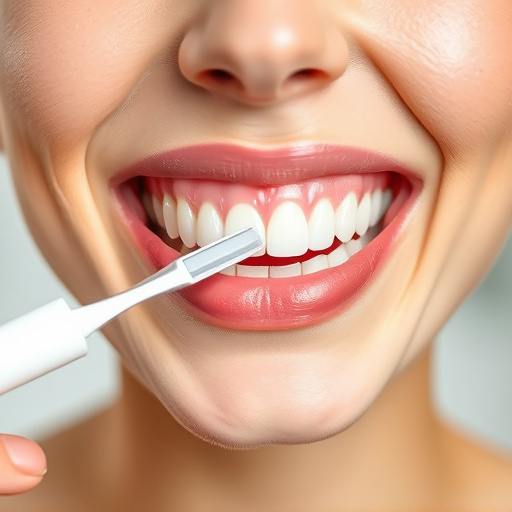
Maintaining optimal oral health as a senior involves a combination of regular professional care and consistent at-home practices. Oral screenings are an essential part of this process, allowing dental professionals to detect any issues early on, from periodontal disease to oral cancer. One key strategy is to brush twice daily with fluoride toothpaste, ensuring that you also floss effectively to remove plaque buildup between teeth and along the gumline.
Regular dental check-ups, often recommended every six months, play a pivotal role in senior dental care for seniors. During these visits, besides cleanings, dentists can perform diagnostic tests, examine oral tissues for any changes, and discuss treatment options for conditions like tooth decay or periodontal disease that may require procedures such as dental fillings, crowns, or advanced interventions. Adhering to this routine not only preserves teeth but also contributes to overall systemic health by maintaining a healthy mouth-body connection.
Dental care for seniors is an essential component of overall health and well-being. By incorporating regular oral screenings, we can proactively address unique dental health needs among the elderly population. Understanding these needs and implementing effective strategies ensure that seniors maintain optimal oral health, enhancing their quality of life. It’s never too late to prioritize dental care, especially as we age.




